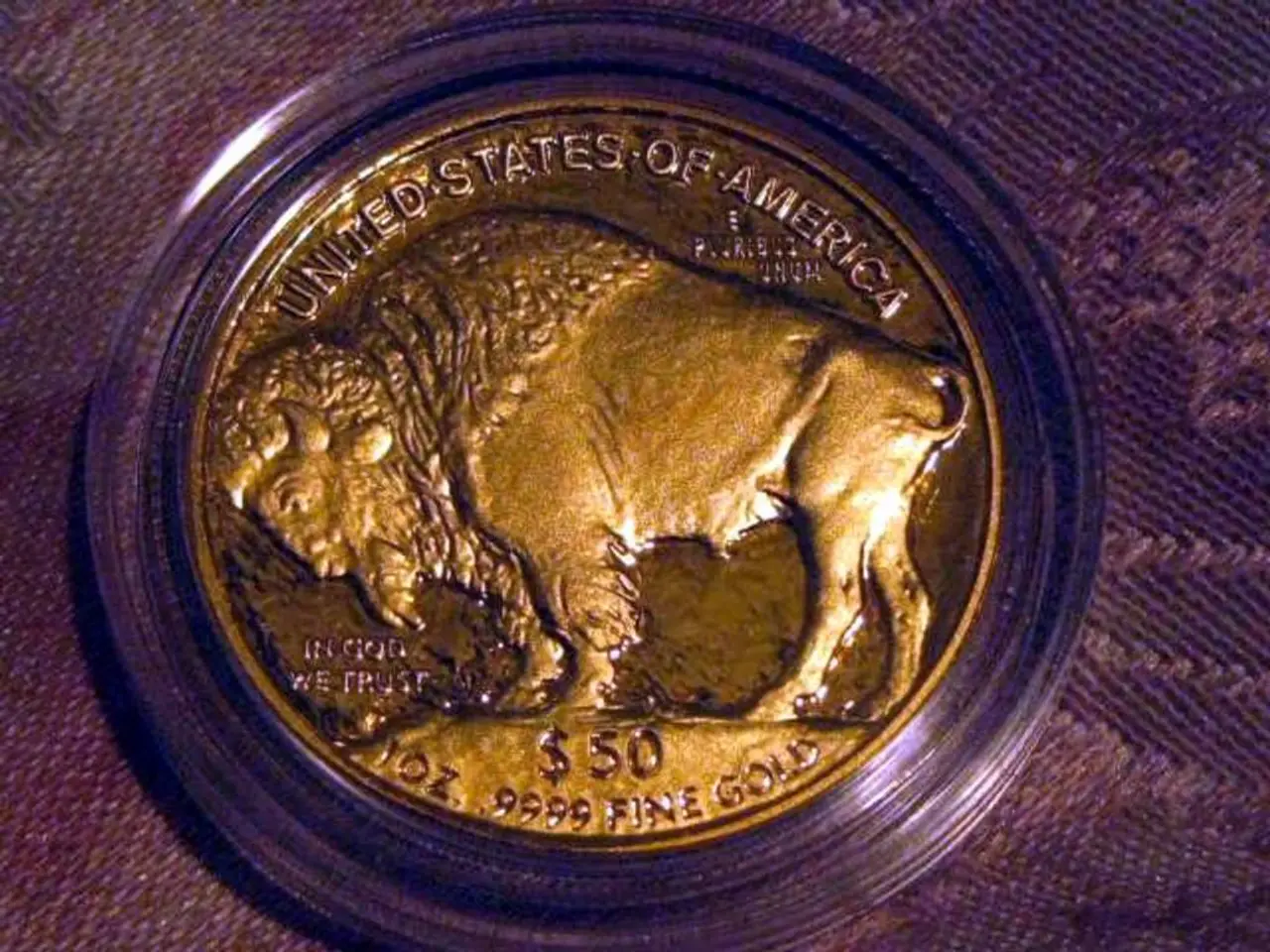Economic concerns regarding employment: Fed reduces interest rates in the United States
The US Federal Reserve has made a significant move by cutting interest rates for the first time in nearly 18 months. The new range now stands at 4.0 to 4.25 percent.
The decision came amidst a slowing employment growth, with the US labor market numbers falling short of expectations. The employment growth for the 12 months to March 2025 was revised down by a total of 911,000 jobs. Young adults and minorities are currently having particular difficulty finding jobs, according to Fed Chairman Jerome Powell.
The Fed's move is aimed at making loans cheaper for businesses and consumers, which can boost the economy and create jobs. However, the Federal Reserve Board wanted to act cautiously given the rise in inflation.
The rate cut has led to a brief surge in the euro, with it rising above 1.19 US dollars, its highest level since June 2021. This development benefits European vacationers in the US, as it reduces the attractiveness of the US dollar and strengthens the euro.
The US Federal Reserve's decision has also been influenced by internal changes. Stephen Miran, a recent addition to the Fed board, is a confidant of President Trump and has been accused by skeptics like Democratic Senator Elizabeth Warren of being "Trump's puppet." Despite this, Miran has promised to "preserve" the independence of the central bank.
The question of the Fed's independence while Trump is president remains a contentious issue. The intense pressure from the White House may not have played a significant role in the current interest rate decision, but the future independence of the Fed remains uncertain. Trump has repeatedly pushed for interest rate cuts and has insulted Fed Chair Powell as an "idiot."
Trump's influence on the Fed extends to personnel disputes. He recently suffered a defeat in a US appeals court regarding the dismissal of Fed Governor Lisa Cook. Cook is defending herself legally against allegations of irregularities in private mortgage lending.
The US-Europe relationship regarding central bank independence is also under scrutiny. The next step between the US President and the Bundesbank is essentially about maintaining central bank independence amid political pressures. The Bundesbank emphasizes that such independence is crucial for stable prices and economic growth, calling for cooperation in Europe to mitigate negative impacts from US policies.
Michael Heise, chief economist of HQ Trust, has noted that the Fed is taking "risks to price stability" with the rate cut. The Fed's decision to cut interest rates could have far-reaching implications for both the US and European economies.
As the economic landscape continues to evolve, the Fed's decision to cut interest rates is a significant step in attempting to stimulate the US economy. However, the future implications of this decision and the ongoing political pressures on the Fed remain uncertain.
Read also:
- chaos unveiled on Clowning Street: week 63's antics from 'Two-Tier Keir' and his chaotic Labour Circus
- Skechers Debuts First American Stores Focused on Athletic Footwear Performance
- Racing ahead in Renewable Energy Dominance: Changzhou, Jiangsu Pushes for Worldwide Renewable Energy Ascendancy
- Funds Amounting to Over Two Hundred Million Rupees Collected on Impact Guru to Aid Punjab's Flood Victims in Reconstructing Their Homes




